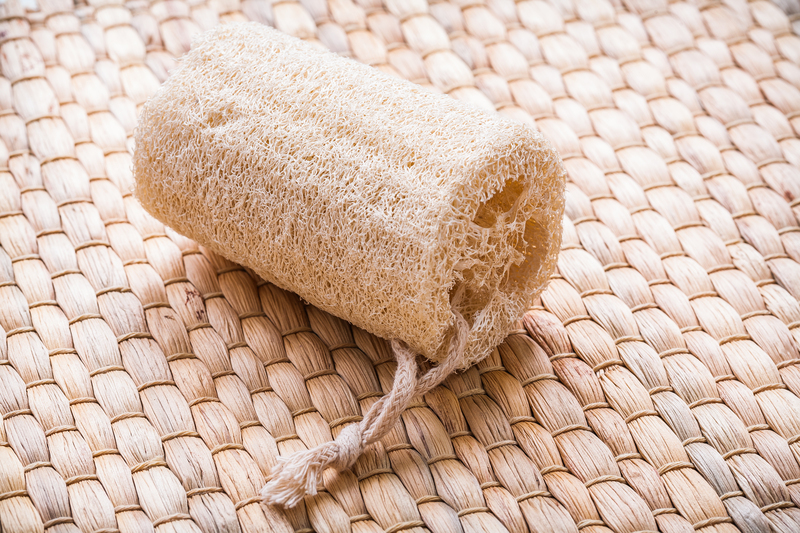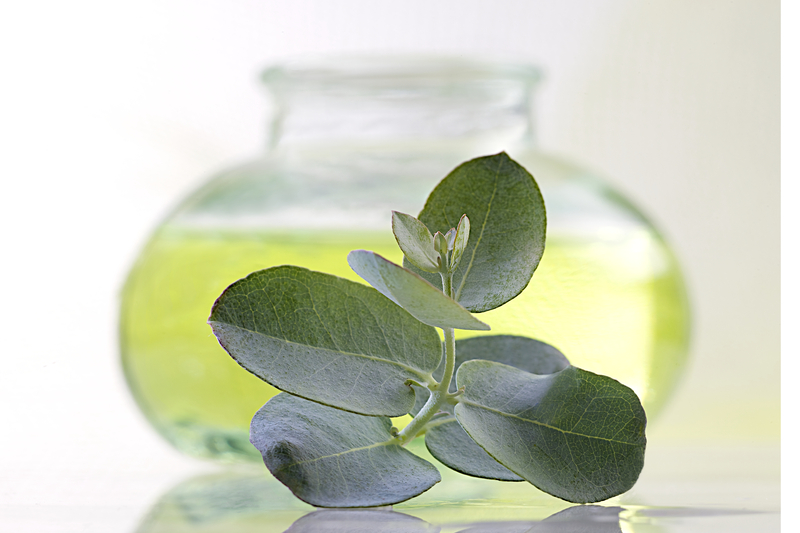DIY Cleaning for Aluminium Cookware
Posted on 10/08/2024
Aluminium cookware is a staple in many kitchens due to its excellent heat conductivity and lightweight properties. However, maintaining its shine and functionality requires proper care and cleaning methods. Unlike stainless steel or non-stick pans, aluminium cookware can be more susceptible to stains, discoloration, and build-up. This article will guide you through effective DIY cleaning methods that will restore your aluminium cookware to its former glory.
Understanding Aluminium Cookware
Before diving into the cleaning methods, it's important to understand why aluminium cookware needs special attention. Aluminium is a reactive metal, which means it can easily react to acidic and alkaline foods, resulting in discoloration or pitting. Additionally, improper cleaning agents can further damage its surface. Therefore, using the right techniques is crucial to maintain both its appearance and functionality.

Step-by-Step Guide for Cleaning Aluminium Cookware
1. Basic Cleaning
For everyday cleaning, mild detergents and a soft sponge are your best friends. Here's how you can do it:
- Fill the cookware with warm water and add a few drops of mild dish soap.
- Use a soft sponge or cloth to scrub the surface gently. Avoid using steel wool or abrasive scrubbers as they can cause scratches.
- Rinse thoroughly with warm water to ensure no soap residue remains.
- Dry immediately with a soft towel to prevent water spots.
2. Removing Stubborn Stains
Sometimes, food can stick and leave stubborn stains on your aluminium cookware. Here's an effective method to tackle those:
- Mix a paste of baking soda and water. Apply the paste to the stained areas and let it sit for 15-20 minutes.
- Use a non-abrasive scrubber to gently scrub away the paste, focusing on the stained areas.
- Rinse the cookware thoroughly with warm water and dry it immediately.
3. Dealing with Discoloration
Over time, aluminium cookware can lose its shine and develop a dull appearance. Here's a quick fix:
- Boil a solution of 2 tablespoons of cream of tartar and 1 quart of water in the cookware for 10 minutes.
- Let the solution cool, dump it out, and then scrub the surface gently with a soft sponge.
- Rinse thoroughly with warm water and dry with a soft towel.
Additional Tips for Maintaining Aluminium Cookware
Beyond regular cleaning, the following tips can help prolong the life of your aluminium cookware:
- Avoid cooking highly acidic or salty foods in aluminium cookware to prevent pitting and corroding.
- Avoid using the dishwasher, as the detergents are often too harsh for aluminium.
- Store cookware in a dry place to avoid moisture buildup that can cause tarnishing.
- Use wooden or silicone utensils to prevent scratches.
Pros and Cons of Aluminium Cookware
Pros
- Excellent heat conductivity for even cooking.
- Lightweight and easy to handle.
- Typically more affordable than other types of cookware.
Cons
- Prone to discoloration and staining.
- Can react with acidic and alkaline foods.
- Requires careful cleaning and maintenance.

Takeaways
Cleaning aluminium cookware requires specific techniques to avoid damaging the material. Using mild detergents, non-abrasive scrubbers, and home remedies like baking soda and cream of tartar can maintain the cookware's appearance and extend its lifespan.
Conclusion
Proper care and cleaning of aluminium cookware can significantly enhance its durability and performance. By following the DIY cleaning methods outlined in this article, you can keep your aluminium pots and pans in excellent condition for years to come. Always remember to use non-abrasive materials and avoid harsh chemicals to preserve the integrity of your cookware.
Latest Posts
Expert Tips for Hassle-Free Bathroom Cleaning
A Gleaming Finish: Tried and True Methods for Banishing Grease from Your Oven
Changing Sheets Best Practices






